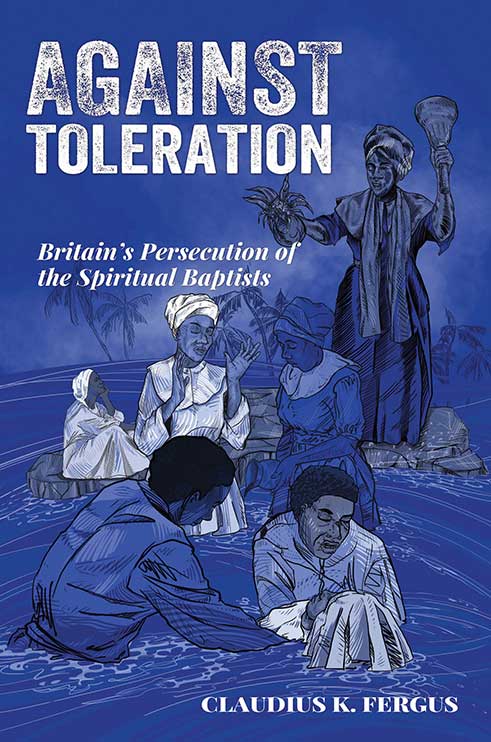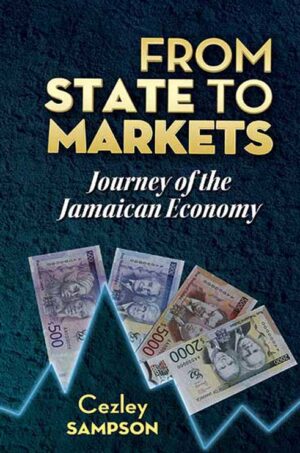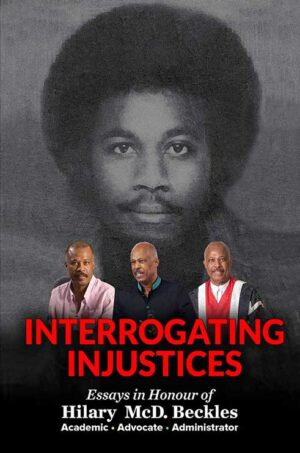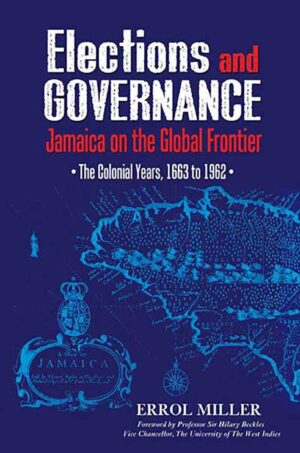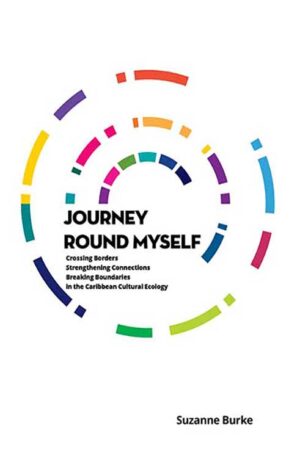Against Toleration : Britain’s Persecution of the Spiritual Baptists
$30.00
Against Toleration is a richly endowed text for students of African-Caribbean Christianity, law and society, and anti-colonial struggle in the Atlantic World.
By: Claudius K. Fergus.
Description
Against Toleration breaks new ground in exposing how administrators of the island of St Vincent co-opted the political elites and recognised churches and colluded with the British government to deny the Spiritual Baptists the right to practise their faith, in blatant violation of multiple toleration Acts under the British Constitution. The study exposes the political intrigues and compromises in securing royal sanction for St Vincent’s prohibition ordinance of 1912, which became the model for extending prohibition to Trinidad and Tobago in 1917 and Grenada in 1927. The study also sheds new light on the epic struggle for repeal of prohibition.
The Spiritual Baptist Church is an offspring of the African American Baptist Church which was planted in several Caribbean colonies between 1782 and 1815. Members self-identified – and were known to government – as the ‘Converted’ and ‘Penitents,’ most notably in St Vincent, but the propaganda that denied them the status of religion corrupted their identity to ‘Shakers’ in St Vincent and Grenada, and ‘Shouters’ in Trinidad, which the prohibition ordinances preserved. The principal distinction between the Spiritual Baptist faith and its parent church is the Spiritual Baptist rite of mourning (‘moanin’), an African ritual of ‘living one’s own death,’ through which initiates receive spiritual gifts and qualify for higher roles and ranks in the Church.
Spiritual Baptists became public enemy number one and the subject of prohibition legislation from 1904 because of their phenomenal growth from the last decade of the nineteenth century and the denomination’s control of vast numbers of Friendly Societies, once the exclusive domain of the recognised churches. Their strong African spiritual retentions, and their clerical independence from European-controlled churches were also a source of resentment. The emergence of the Spiritual Baptists paralleled that of Revival Zion and Pocomania (Pukumina) in Jamaica.
This book is the first in-depth, comparative study of African responses to colonialism in North America, The Bahamas, and Jamaica, and highlights some key fundamentals of African spirituality, as well as providing insights into how intra-Atlantic, African migrations combined to account for the rise and character of the Spiritual Baptists.
The Spiritual Baptists rejected the right of the state to proscribe them. Many migrated to more conducive polities, but most remained to fight for repeal, while continuing to practise their faith for which untold numbers were arrested, beaten, fined, and imprisoned, without the right of appeal. Prohibition lasted thirty-three years in Trinidad and Tobago, fifty-two years in St Vincent, and remains on the statute books of Grenada.
Additional information
| Weight | 2 lbs |
|---|---|
| Dimensions | 9 × 6 in |
| ISBN: | 9789768339034 |
| Binding: | Paperback |
| Page Count: | 324 |

